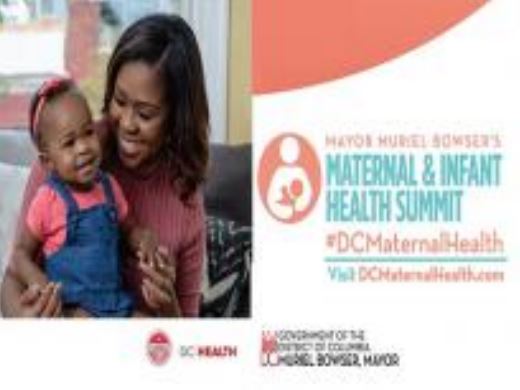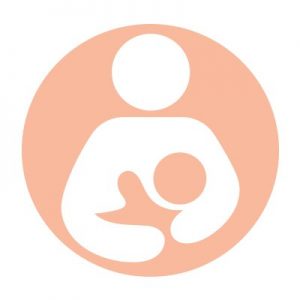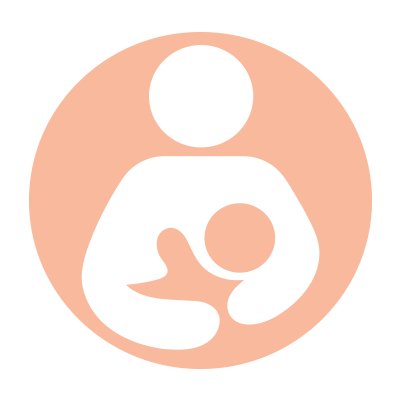[ad_1]
By Lenore T. Adkins, Special to the AFRO
District of Columbia Mayor Muriel Bowser sounded the alarm on maternal mortality rates September 13 at her inaugural Maternal & Infant Health Summit that attracted more than 800 people to the Walter E. Washington Convention Center.
In the United States, about 700 women die each year from pregnancy or delivery complications, according to the Centers for Disease Control and Prevention.

But Black women in the United States are three to four times more likely to die from pregnancy or childbirth-related causes than White women, according to the CDC.
In the District between 2012 and 2016, Ward 7 and Ward 8 reported a total of 10 maternal deaths, according to figures from the D.C. Department of Health.
“One childbirth related death, we can all agree, is one too many,” Bowser said.
The idea for the conference came about after Bowser read an article in “Vogue” about Serena Williams, in which the tennis star revealed that she nearly died after giving birth to her daughter, Alexis Olympia, in 2017. In the article, Williams said she repeatedly asked medical personnel for a CT scan and blood thinner medicine but they didn’t listen to her at first. Williams insisted on the procedure and medicine and finally, the doctor authorized the scan and discovered blood clots in her lungs. Additional medical issues followed.
The story struck a nerve with Bowser, a new mom to adopted daughter Miranda Elizabeth.
“Frequently, people associate poor health outcomes with less income,” Bowser said. “And what we saw with the Serena Williams story is that no matter your income, your age — we had a well-informed woman who was having a very negative medical experience that caused a very difficult situation for her. And that made me think that if she’s having that experience, what’ s happening to people who have access to less information. Or who don’t have access to quality health care?”
The summit brought together mayors, health care experts, locals and policymakers to discuss best practices, what they’re doing right, what they’re doing wrong and what more they need to do.
Dr. LaQuandra Nesbitt, director of the D.C. Department of Health, told the AFRO that there are too few cases in the District to point to a single trend for what causes maternal deaths here.
But she outlined three things that will help moms and infants in the District.
Because healthier women have healthier babies, she’s encouraging women to take care of their health and to have a medical relationship with a doctor long before getting pregnant. That means getting an annual exam and to talk to a doctor about reproductive health.
Pregnancy is a stressor on health, so if a woman is not in the best state of health prior to getting pregnant — if she’s overweight, has a chronic health condition like high-blood pressure or diabetes — pregnancy can exacerbate existing health issues, Nesbitt said.
Finally, Bowser’s BABIES bill would ensure every pregnant woman receives high-quality prenatal care and that every newborn would get high-quality neonatal care in the hospital and as an outpatient. In D.C., between 60 and 80 percent of infant deaths occur in the first month of life and the bill aims to increase the number of babies celebrating their first birthday, Nesbitt said.
“This is an all hands-on deck effort,” she said.
[ad_2]
Source link


